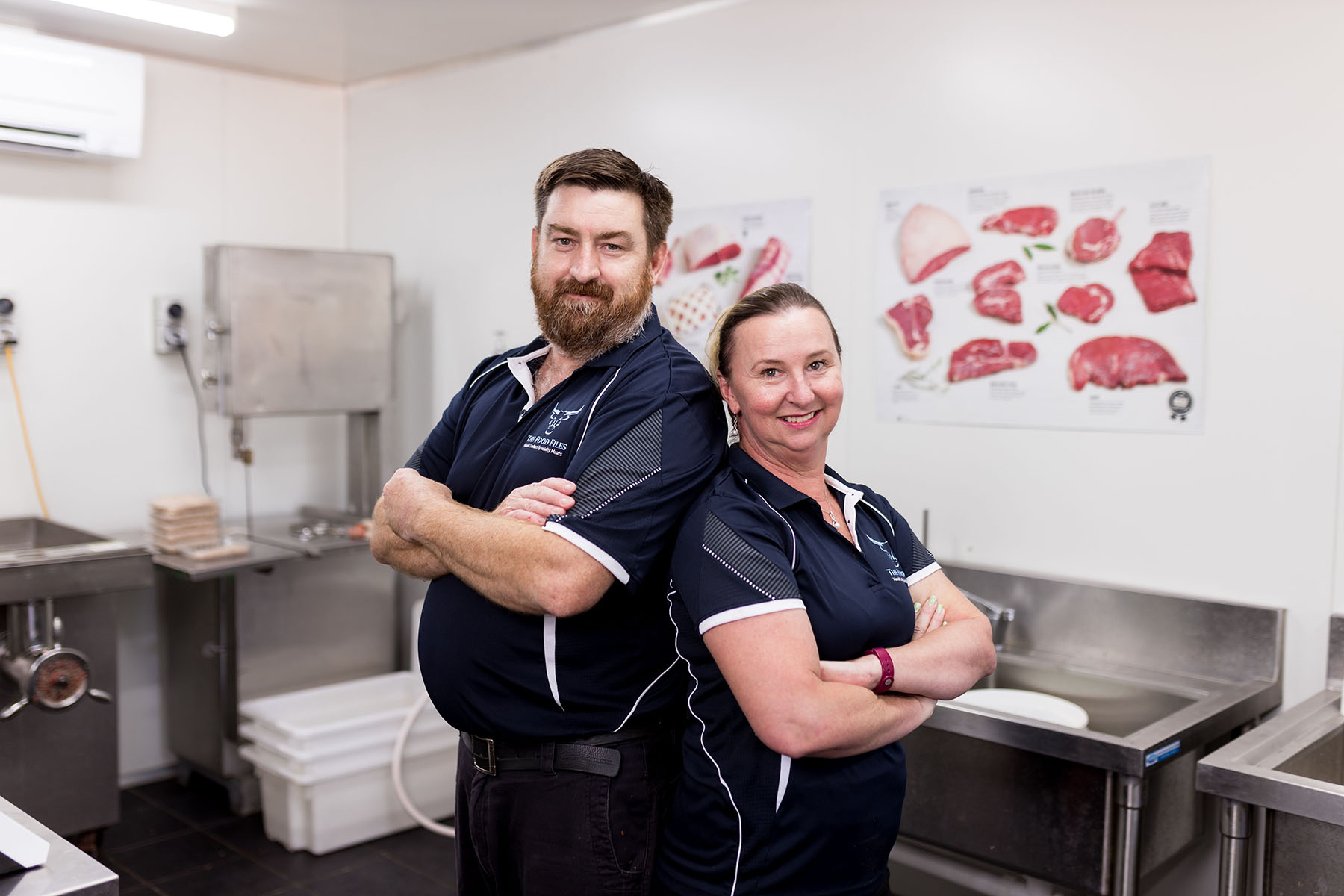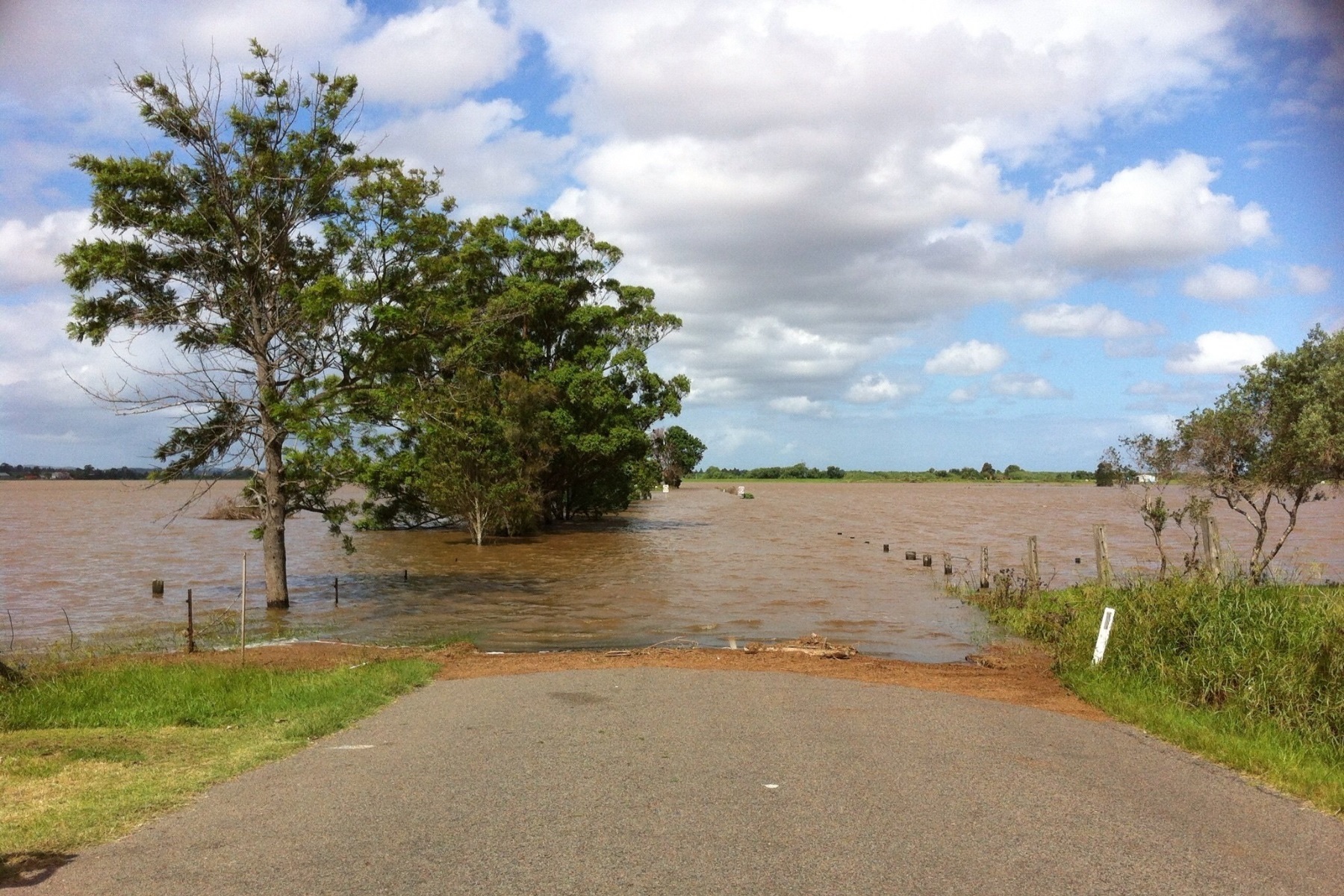We’ve all been there at some point, unhappy at work and looking for a career change, or just wanting to make a go of it on your own.
Starting a new business is a big deal. To help you decide if your business idea could work, we’ve put together some thought starters to get your head (and idea) in the right space.
Get to know your audience
What problem is your product or service trying to solve? Who are you solving this problem for, and is it something they would be willing to pay for?
Knowing your ideal target audience – where they live, what they do, how they make purchases and understanding their lifestyle – all helps paint a picture of how feasible your idea is. The information you gather about your potential customers will also help you market your business later on.
Is there a demand?
If you think your idea has never been done before, take the time to carry out some initial research. If it has, was it successful? Could you make your idea stand out from the competition with a unique selling proposition to show no one else is doing it like you?
Contact us for free access to IBISWorld’s extensive market research and industry benchmarking. Just message us on live chat and we'll arrange access for you.
Who are your competitors?
For a start-up to be successful you really need to know who you’re up against. Make a list of potential competitors and scrutinise what they are doing, the good and the bad, to find a way to do it better.
Things to look for include:
- the quality of their products or services
- pricing
- reputation
- how they’re marketing their brand.
Going through this process will help you identify opportunities to fill gaps not currently offered by your competitors, and establish what’s unique about your business.
Adding up the numbers
Forecasting your financials will help determine whether your idea is going to sink or swim. To give your business every chance of success the key is to have a low investment outlay and a high profit margin.
Do you know what initial investment you'll need to make to get your business off the ground? How about the ongoing costs of running your business, and what you’ll need to break even?
It’s important to get your pricing correct from the start. What value is your product or service providing? Research your competitors’ price points, understand what customers would be prepared to pay and how that stacks up against your expenses.
If you need help working out your cost of goods or breakeven amounts, our free business templates and tools can help guide you.
If you’ve confidently ticked all these off your list, then you’re well on your way to building a solid business plan and making a real go of it.
Are there any key areas you need to upskill in?
Being a business owner means wearing different hats. Understanding the essential business skills needed will help you identify your strengths, what you need to work on and which areas it’s best to pay for specialist advice (like a lawyer or accountant).
If you’re looking to learn new skills you can use in your business today, check out our practical small business workshops. Each session is just $20 to attend (thanks to funding from the State Government) and you’ll learn from subject matter experts that have experience in running their own business.
Thinking of starting a business?
We have a great range of free information and resources to help you get started, including:
- helpful information on starting a business and business templates to download
- our business advisory service for current and aspiring small businesses owners
- our free Starting a Business workshop which is run both in-person and online.




